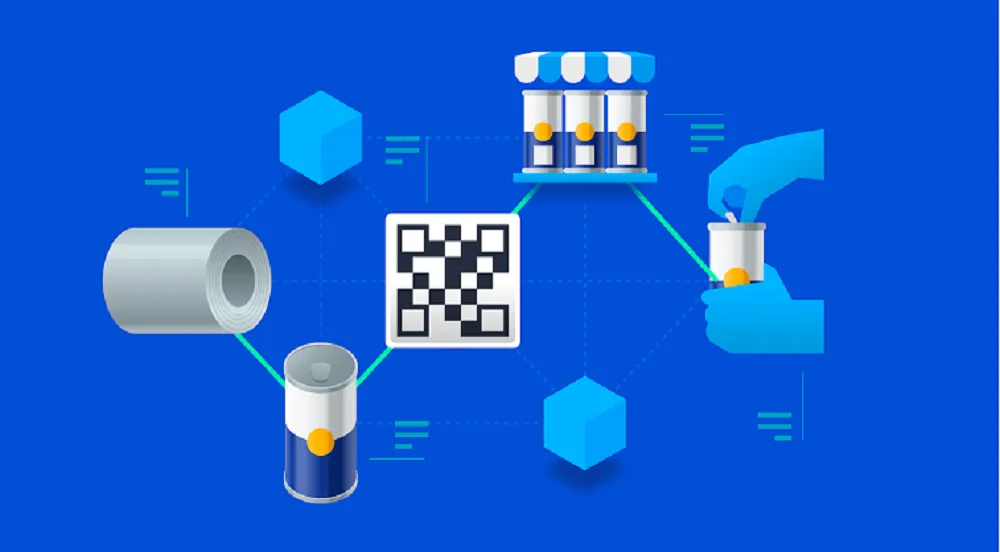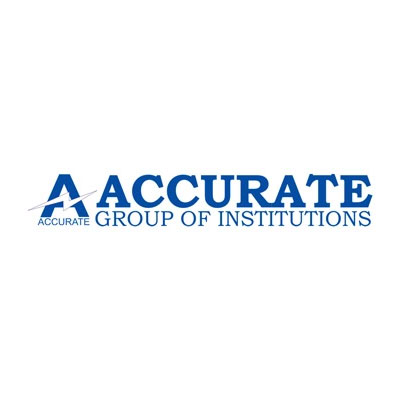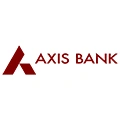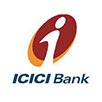In the dynamic realm of global commerce, the intricacies of supply chain Management have long been a challenge for businesses seeking efficiency, transparency, and security. Emerging technologies have continually offered innovative solutions, and one such revolutionary force is blockchain. Originally associated with cryptocurrencies like Bitcoin, blockchain has transcended its financial roots to redefine the way supply chains operate. In this article, we delve into the pivotal role of blockchain in supply chain Management, exploring its potential to transform processes and elevate the reliability of global trade networks.
Understanding Blockchain in Supply Chain Management

Blockchain, at its core, is a decentralized and distributed ledger technology that enables secure, transparent, and tamper-resistant recording of transactions across a network of computers. Unlike traditional centralized systems, blockchain operates on a peer-to-peer network where each participant holds an identical copy of the ledger. This decentralized architecture ensures that no single entity can control or manipulate the entire system, providing heightened security and transparency.
The Core Tenets of Blockchain's Impact on Supply Chain Management
Transparency and Traceability:
One of the primary advantages of blockchain in supply chain Management is its ability to offer transparency and traceability throughout the entire supply chain. Every transaction, from the creation of raw materials to the final delivery of products, is immutably recorded on the blockchain. This creates an auditable trail that stakeholders can trace in real-time, fostering trust and accountability within the supply chain. The transparency facilitated by blockchain is particularly crucial in ensuring the authenticity and quality of products.

Enhanced Efficiency:
Traditional supply chain processes often involve cumbersome paperwork, manual data entry, and a multitude of intermediaries. Blockchain simplifies and streamlines these processes by providing a single, shared source of truth accessible to all participants. Smart contracts, self-executing contracts with terms directly coded into the blockchain, automate various aspects of the supply chain, such as payments, shipments, and compliance checks. This automation drastically reduces the time and resources required for transactions, leading to a more efficient and agile supply chain.
Improved Security:
The decentralized and cryptographic nature of blockchain enhances security by making it resistant to tampering and fraud. Each block in the chain contains a unique cryptographic hash of the previous block, creating an unbreakable chain of information. This ensures the integrity of the data recorded on the blockchain, making it highly secure and nearly impervious to malicious interference. In the context of the supply chain, where sensitive data and high-value goods are prevalent, this heightened security is invaluable.
Supply Chain Financing:
Blockchain facilitates more efficient and transparent financing solutions for supply chain participants. Using smart contracts, financial transactions can be automated based on predefined criteria, such as the successful delivery of goods. This reduces the need for intermediaries, speeds up payment processes, and improves cash flow for all parties involved in the supply chain.
Challenges and Considerations
Despite its transformative potential, the adoption of blockchain in supply chain Management comes with its set of challenges and considerations:
Integration with Existing Systems:
Integrating blockchain with existing supply chain systems can be complex. Companies must ensure seamless interoperability to fully leverage the benefits of this technology.
Standardization:
The absence of standardized protocols and frameworks for blockchain in supply chain Management poses a challenge. Establishing industry-wide standards is crucial to fostering collaboration and ensuring interoperability.
Costs:

Implementing blockchain technology requires a significant upfront investment. Companies need to carefully assess the costs and benefits to justify the adoption of blockchain in their supply chain processes.
Regulatory Compliance:
The regulatory landscape surrounding blockchain is evolving. Companies must navigate legal and regulatory challenges to ensure compliance with existing and future regulations.
Conclusion
Blockchain technology stands as a transformative force in the realm of supply chain Management, offering unparalleled transparency, efficiency, and security. As industries navigate the complexities of global supply chains, the adoption of blockchain is not merely a technological choice but a strategic imperative. Organizations that harness the power of blockchain in their supply chain operations gain a competitive edge by creating more resilient, responsive, and trustworthy supply chains for the future. As the technology continues to mature and adoption becomes more widespread, the full potential of blockchain in revolutionizing supply chain Management will undoubtedly be realized, reshaping the way goods traverse the global market.
Accurate Group of institutes
institute in greater noida for engineering
Website: www.accurate.in
Email: [email protected]
Toll Free No.: +91 9560148370


















